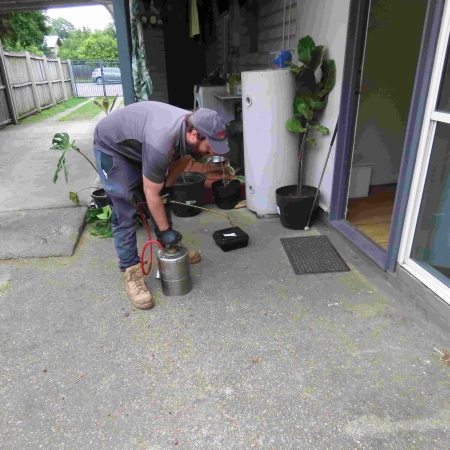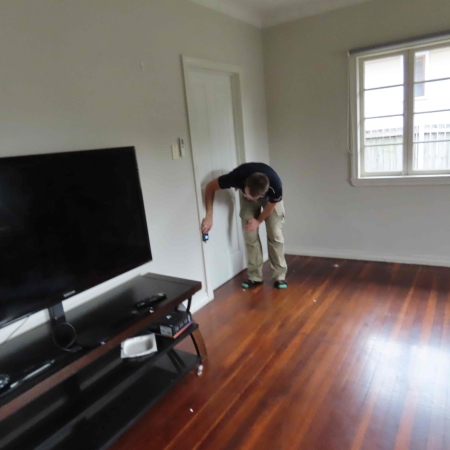 https://bobgunn.com.au/wp-content/uploads/2024/07/Termite-Inspections-on-the-Sunshine-Coast.png
400
500
marketing
https://bobgunn.com.au/wp-content/uploads/2020/12/B-G-Logo-2020-Main.png
marketing2024-07-22 16:24:332024-07-22 16:24:33The Importance of Regular Termite Inspections on the Sunshine Coast
https://bobgunn.com.au/wp-content/uploads/2024/07/Termite-Inspections-on-the-Sunshine-Coast.png
400
500
marketing
https://bobgunn.com.au/wp-content/uploads/2020/12/B-G-Logo-2020-Main.png
marketing2024-07-22 16:24:332024-07-22 16:24:33The Importance of Regular Termite Inspections on the Sunshine CoastHappy Customer’s Google Reviews
“Great customer service, responded to our call very quickly, and lovely to deal with, also offered great value for money with both Pest Control and Full Termite Treatment and Inspection, then even sent us a full written report, so impressed, would use them again and have already recommended them. Joel who come out was also friendly and gave us the advice we needed from his many years of experience!
Thanks again Bob Gunn, happy customer!”
“Joel completed our pest inspection for a 3rd year in a row. Can honestly say the job done was very thoroughly and on task. I’ll be using Bob Gunn again next year.”
“Extremely happy with the ground crew and termite protection.”
“Amazing service from start to finish. Very clear quoting process, excellent quote price when compared to others for similar work. Joel the installer is the most amazing person you can have on your site. His work is top quality, pays attention to all details and also goes the extra mile. Nice work Team Bobgun!”
“If there was the ability to give the guys at Bob Gunn’s 10 stars, I gladly would have… 5 stars simply doesn’t equate to the degree of complete satisfaction and peace of mind that I have with the solution and service provided. And an extra thanks for Joel and his very friendly professional approach to solving our pest problems and educating us along the way! He is a great asset to the Bob Gunn team and business. Thank you from all of my family.”
“I had my property treated for creepy crawlies and they did a fabulous job. Plus a few months later, I had Bob Gunn back to spray for Mozzies. It was great to walk outside my home without being bitten. Thanks guys!
Information on termite and pest control resources for a safe and pest-free environment
 https://bobgunn.com.au/wp-content/uploads/2024/07/Termite-Inspections-on-the-Sunshine-Coast.png
400
500
marketing
https://bobgunn.com.au/wp-content/uploads/2020/12/B-G-Logo-2020-Main.png
marketing2024-07-22 16:24:332024-07-22 16:24:33The Importance of Regular Termite Inspections on the Sunshine Coast
https://bobgunn.com.au/wp-content/uploads/2024/07/Termite-Inspections-on-the-Sunshine-Coast.png
400
500
marketing
https://bobgunn.com.au/wp-content/uploads/2020/12/B-G-Logo-2020-Main.png
marketing2024-07-22 16:24:332024-07-22 16:24:33The Importance of Regular Termite Inspections on the Sunshine Coast
How To Get Rid Of Ants The Right Way

Safeguarding Your Business: The Importance of Regular Commercial Pest Inspections
Contact
- Service Areas:
Brisbane, Gold Coast, Ipswich, Sunshine Coast, Redlands and Logan
- Opening Hours:
Mon to Fri: 7:00am – 5:00pm
ABN 91098674018
QBCC Lic 894337
Awards Won
- Specialist Category Winner 2016
- QLD State Pest Manager of the Year 2015
- Australian Pest Manager of the Year Award 2014 (+5 Employees)
- Australian Pest Manager of the Year Award 2014
- QLD State Pest Manager of the Year 2014




